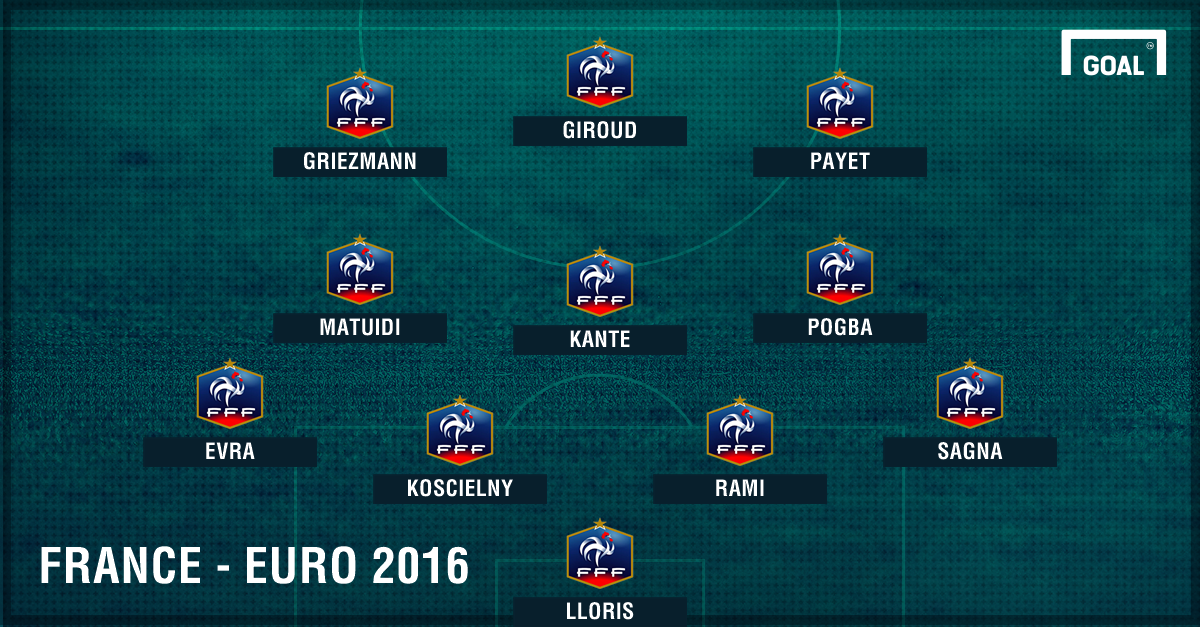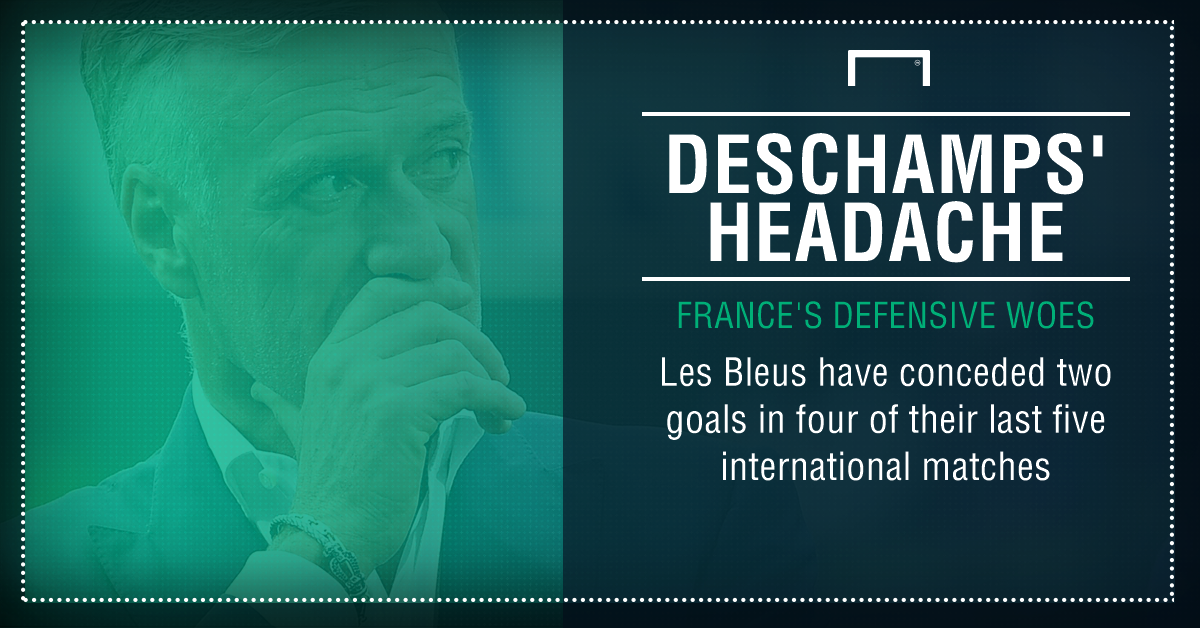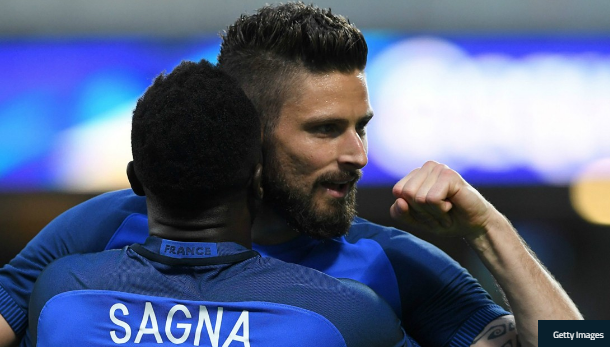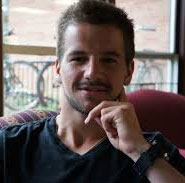With a plethora of attacking players capable of posing major problems to their opponents, Les Bleus are tipped to go far – but only if they overcome their glaring deficiency
‘You score three goals, we’ll get four’ was the mentality of the great Brazil sides of 1970 and 1982. These teams are hewn into footballing mythology for the attacking football that was best encapsulated by Carlos Alberto’s superb fourth goal in the 1970 victory over Italy. The thrilling play of that Brazilian vintage was not allowed to be undermined by defensive weaknesses, and France boss Didier Deschamps must seek a similar delicate balance as his side chase Euro 2016 glory.
In what is widely being predicted to be a tournament dominated by dour football, it must be seen as a source of great excitement that the outstanding side going into the competition is one so offensively minded.
France have won nine of their last 10 international matches, their one slip coming in England days after a terrorist attack on Paris left the players with a far greater weight on their minds than a mere international friendly. Since that Wembley loss, they have scored 13 goals in four matches, including three away to the Netherlands and four at home against fellow Euros hopefuls Russia.
In Antoine Griezmann they possess a player who has shone as brightly as the likes of Lionel Messi and Cristiano Ronaldo in La Liga and was even tipped as a potential Ballon d’Or winner before he missed a penalty in Atletico Madrid’s Champions League final loss to Real Madrid. Dimitri Payet has illustrated his talent to a wider audience at West Ham, proving to be one of the Premier League’s most inspired signings of the season. Even the oft-derided Olivier Giroud has excelled for his country, scoring in each of his last five outings despite being jeered by his own fans.

Of course, the absence of Karim Benzema for off-the-pitch reasons will not be easily forgotten in France, yet his record for the national side is mediocre in view of his undoubted talents.
The midfield is a formidable unit. Blaise Matuidi is starting to earn the recognition his ability merits as one of the outstanding midfielders in Europe, while N’Golo Kante goes into his first major competition as a revelation after helping Leicester City to the Premier League title. Both, though, play second fiddle to Paul Pogba, upon who so many hopes are pinned in the host country.
France’s attack and midfield are maturing into units to rival those of the great sides of 1984 and 1998, who tasted European and world glory respectively on home soil. Indeed, Les Bleus would have been clear favourites to lift the trophy had it not been for a slew of problems in defence.
Raphael Varane, Kurt Zouma and Jeremy Mathieu miss out due to injury and Mamadou Sakho is absent after testing positive for a performance-enhancing drug, leaving Deschamps with limited options in the heart of the defence. France kept a clean sheet against a feeble Scotland side on Saturday but having conceded eight times in their four prior internationals there is concern that the back four may undermine their chances of going all the way.

Both Laurent Koscielny of Arsenal and Sevilla’s Adil Rami, who has come into the squad as a result of the lengthy list of absentees, have been forced to defend their central-defensive partnership from suggestions it is the one obvious Achilles’ heel in Deschamps’ plans.
“It was very difficult for me,” Sevilla defender Rami reflected after the 3-2 victory over Cameroon in Nantes. “I’m aware that my performance was very average.
“Tactically, it’s totally different to Sevilla. But I’m not going to use that as an excuse. It’s up to me to adapt.
“Maybe it’s not so bad I made mistakes today, so I won’t do them during the Euros.”
While Rami was up front about his disappointing display against Cameroon, Koscielny defended his colleague.
“He must be calm because he’s had a great season with Sevilla,” Koscielny insisted. “He’s able to play great matches so he must stay positive. We’re here to help. I trust him and we’re all united.”
This fallibility means that France cannot afford to rely on their rearguard. Instead, they must seek to exploit their fearsome attacking power. In a competition that could otherwise be short of genuine attacking quality, France’s group – unmatched as it is on paper – must take the initiative.
How their defence holds up will then determine whether their summer ends in triumph, like Brazil in 1970, or the glorious failure the South Americans suffered 12 years later. One thing is for sure: it should be spectacular.

 Name: Daniel Watson
Name: Daniel Watson
